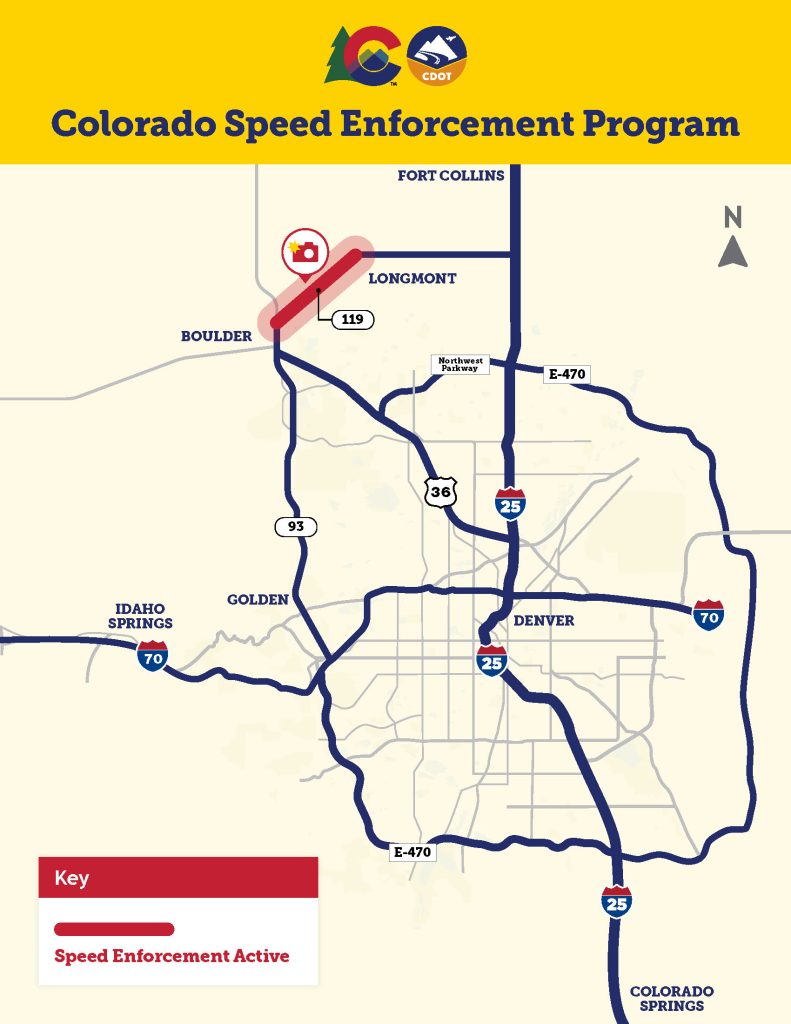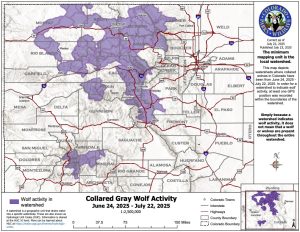Colorado installs first set of speed cameras, though it could take time before they hit I-70 and the Western Slope
Interstate 70’s Floyd Hill and Glenwood Canyon have been mentioned as possible locations for the new cameras

Post Independent archives
Colorado Department of Transportation officials last week began placing photo radar cameras along its first major work zone as a pilot for its Speed Safety Camera Program.
The program is aimed at helping enforce speed limits in work zones along high-risk corridors by issuing warnings and citations to drivers caught speeding without filling the roads with more troopers. Colorado Highway 119 in Boulder County, which is undergoing upgrades to improve safety for motorists, bikers and pedestrians, was selected as the program’s first pilot site.
Though they were installed earlier this month, the speed cameras are not active yet, according to CDOT Public Information Officer Stacia Sellers. A program announcement will be sent to the public next week with information about the new speed enforcement before the cameras are enabled.
“At this time, cameras will only be active on (Highway) 119 and then we will begin to expand the program. Locations and timelines are still in the planning process,” Sellers wrote in an email.

The program comes as fatalities and serious injuries have gone up in work zones over the past two years, primarily driven by speeding. Preliminary data shows that in 2024, Colorado had 1,366 work zone crashes, resulting in 508 injuries and 31 fatalities.
Although future locations for the cameras have yet to be confirmed, Interstate 70’s Floyd Hill and Glenwood Canyon were thrown out as possible locations for speed enforcement cameras during past transportation commission workshops.
Enforcement sites are selected based on crash and speed data indicating high-risk corridors. When a vehicle passes one of the speed cameras, it captures an image and a timestamp, including the vehicle’s license plate number. The system calculates the average rate of speed between each camera, after which vehicles traveling an average of 10 miles per hour or more above the posted speed limit are issued a civil penalty, according to CDOT’s website.
The state department is legally required to notify the public about the cameras and their location 30 days before they’re installed. The department will also place signs throughout the corridor warning drivers about the photo radar enforcement ahead.
After the cameras are installed, CDOT will allow for a warning period where drivers who violate the speed limit receive a warning notice instead of a citation.

Support Local Journalism

Support Local Journalism
Readers around Glenwood Springs and Garfield County make the Post Independent’s work possible. Your financial contribution supports our efforts to deliver quality, locally relevant journalism.
Now more than ever, your support is critical to help us keep our community informed about the evolving coronavirus pandemic and the impact it is having locally. Every contribution, however large or small, will make a difference.
Each donation will be used exclusively for the development and creation of increased news coverage.










